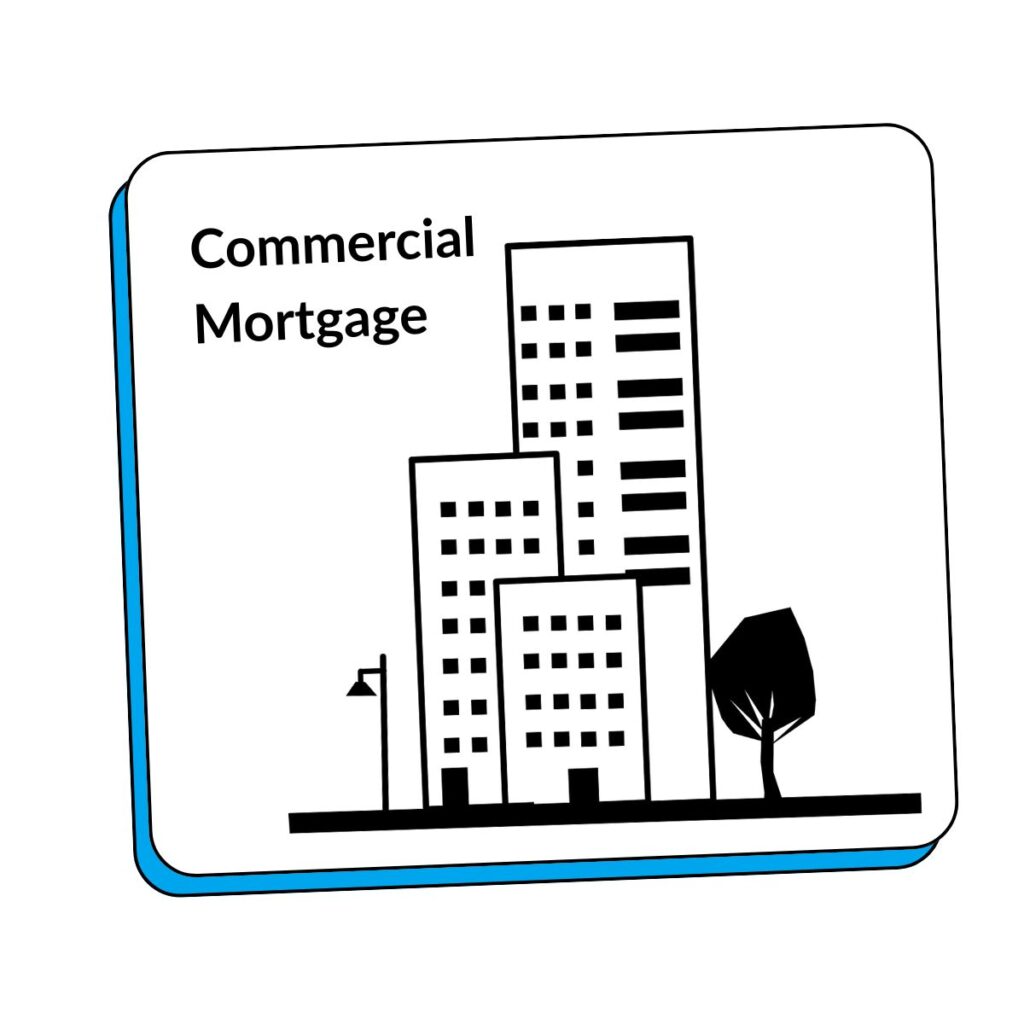
Commercial Mortgages
Own your premises. Unlock equity. Grow on your terms.
Example: A wholesale bakery is bursting at the seams and the landlord’s selling. Rather than tie up cash or chase short-term fixes, we arrange a commercial mortgage secured on the property. The bakery business spreads repayments over the long term, keep cash flow steady, and take ownership of the site—future-proofing the business.
What is a commercial mortgage?
A commercial mortgage is a business loan secured against property (shops, offices, warehouses, industrial units, mixed-use). It’s typically used to buy, refinance, or release equity from trading or investment property. Terms can be structured long-term to support cash flow.
- Borrowing: typically £50k–£50m
- Terms: usually 3–30 years
- Deposit/LTV: commonly ~25% deposit (up to c. 75% LTV; higher with extra collateral in some cases)
- Rates: often a margin over base rate (e.g. c. +2% to +5% depending on risk)
Figures vary by lender and deal profile.
Common uses
1)
Buy your trading premises (owner-occupied)
2)
Purchase or refinance an investment asset (tenanted)
3)
Release equity to expand, refurbish, or acquire a business
4)
Consolidate property debt into a single, cleaner facility
Use cases depend on property type and lender appetite.
Who it’s for
- Limited companies, LLPs, partnerships, sole traders
- SPVs and trading businesses
- SIPPs/SSASs for eligible transactions
Eligibility always assessed case-by-case.
How it works with Station Hill Capital
- Scope & strategy: We map goals (purchase/refi/equity release), target LTV, and repayment profile.
- Market sweep: We approach a broad panel (high-street, challengers, non-banks) to surface fit, pricing, and structure.
- Pack & present: We build a lender-ready pack to reduce perceived risk and sharpen terms.
- Term sheet to completion: We negotiate heads, manage valuation/legals, and drive to drawdown.
What lenders look for
- Track record and credit profile
- Sustainable affordability (profits/rent cover)
- Property type, condition, lease quality (if investment)
- Proposed LTV and security strength
- Clear exit where interest-only or staged structures apply
Documents you’ll usually need
- Last 2–3 years accounts (and current managements)
- 6 months business & personal bank statements
- Business plan/forecasts, director CVs
- Asset & liability / income & expenditure statements
- Leases (investment), title info, and property details
Exact asks vary by lender and deal.
Why Station Hill Capital
Whole-of-market access: we’re not tied to one lender, so we can chase the right structure and price for your deal.
Property-savvy packaging: we present risk the way lenders need to see it—often unlocking better terms.
Joined-up execution: valuation, legal, completion—coordinated so you can keep running the business.
Business-only focus: we do not arrange personal lending.
Quick FAQs
What’s the typical maximum LTV?
Around 75% for many cases, with potential to go higher where additional collateral/goodwill applies (sector-dependent).
Can I do interest-only?
Possible—often with an agreed exit (refi/sale) or an initial interest-only period before switching to capital & interest.
How long does it take?
Simple refis can be c. 6–8 weeks; acquisitions and more complex cases can run 2–6 months+, depending on diligence and legals.